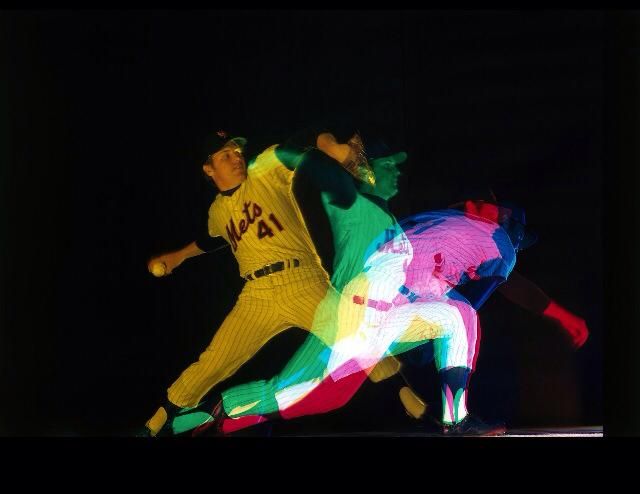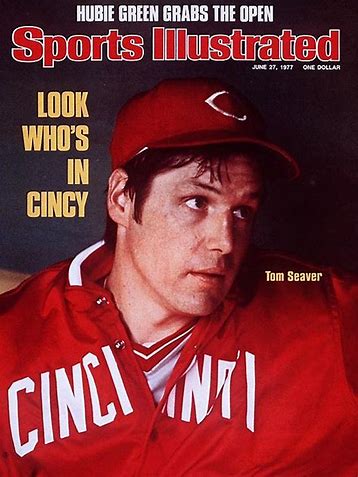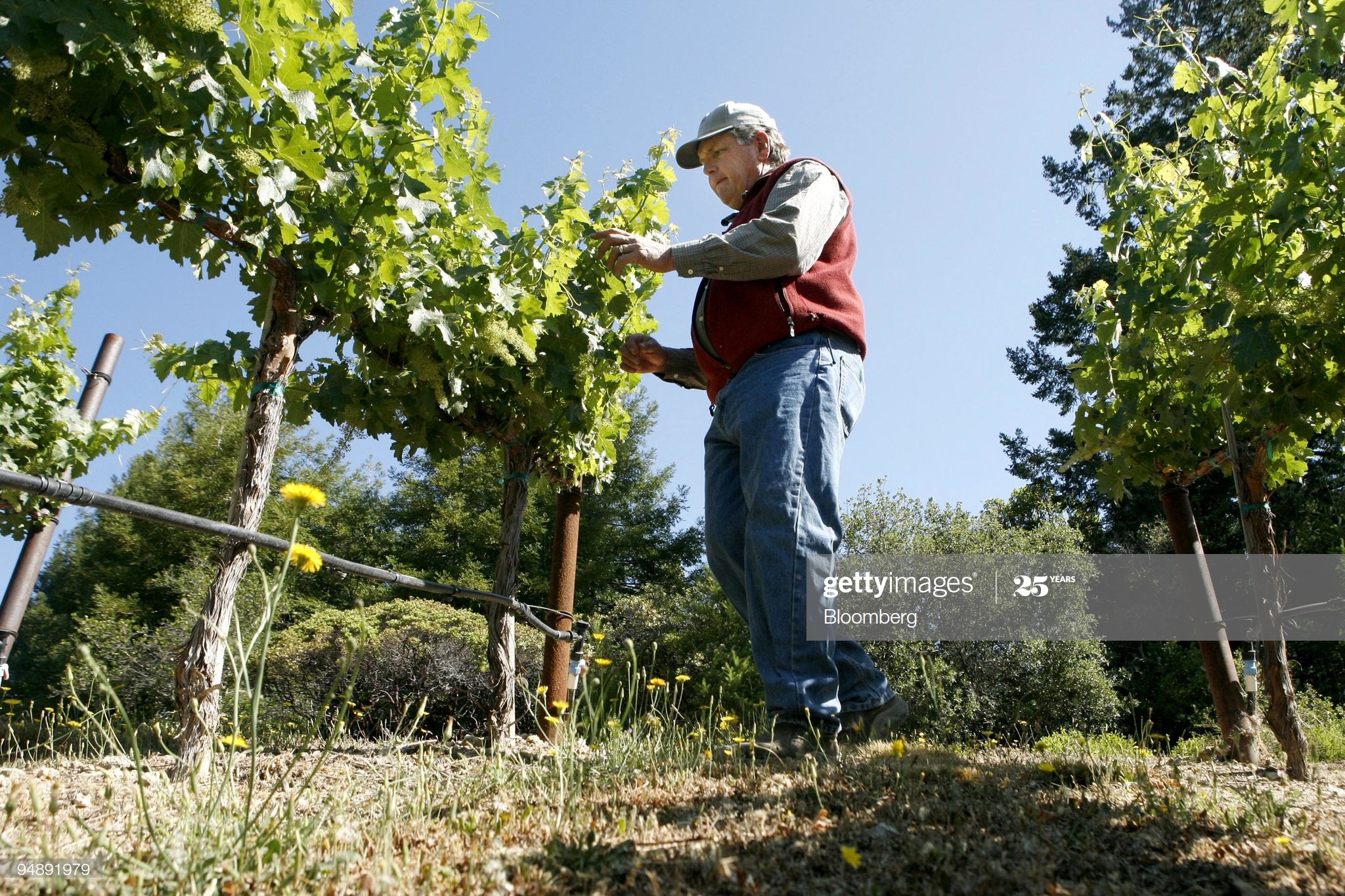Paul Moskau was a heralded pitching prospect for the Reds in the mid-to-late 1970s. He joined the Reds in 1977, at the same time Tom Seaver came to Cincinnati. The two became fast friends, and remained so for the rest of Seaver’s life. With Seaver’s recent passing, I feel it’s appropriate to share part of an interview I did with Paul in 2019 that shows the bond the two men had, and the respect and affection Paul felt toward Tom.
Reds in 1977, at the same time Tom Seaver came to Cincinnati. The two became fast friends, and remained so for the rest of Seaver’s life. With Seaver’s recent passing, I feel it’s appropriate to share part of an interview I did with Paul in 2019 that shows the bond the two men had, and the respect and affection Paul felt toward Tom.
Excerpted from my upcoming book The Little Red Wagon: The Amazing Story of the 1975 Eugene Emeralds.
JH You were called up right after the Seaver deal. Right?
M I was called up the same day. I mean, they called me up when they got Tom, because they lost Pat Zachry and Gary Nolan, and then Steve Henderson and Dan Norman were two of my buddies from AA, AAA — outfielders. And there was a five-for-one or four-or five-for-one deal, I think. Doug Flynn, maybe – was he a part of that?
JH Yeah, Flynn was part of it. Flynn, Norman, Henderson, Zachry. I think that was it for Seaver, right?
M Yes. Steve Henderson and Dan Norman were two outfielders that were in the minor leagues with me. And we were all in Indianapolis, and they went to New York and I went to Cincinnati. That’s my recollection.
JH In New York, they called it The Midnight Massacre. But they got rid of [Rawly] Eastwick about the same time, and all that stuff.
M Yeah. They just gutted that 1976 Reds team. I get called up. Tom comes. Of course, he stole all my thunder! [laughs]
JH Well, yeah!
M It was Paul who? But the weird thing is, here’s a little quick Tom Seaver thing:
Sports Illustrated did a sequence of Tom Seaver in his motion; different parts of it, like seven or  eight pictures. They put together just kind of like, almost like it would be like a slow-motion thing, and you’d see him at different parts of it: left leg up, left leg down, bending, knee dragging, all this kind of stuff.
eight pictures. They put together just kind of like, almost like it would be like a slow-motion thing, and you’d see him at different parts of it: left leg up, left leg down, bending, knee dragging, all this kind of stuff.
My high-school coach saw it. He gave it to me and he said, “if you want to learn how to pitch with the perfect mechanics, and you want to know how you’re supposed to do it, put this up above your bed and look at that every night.”
So I put these pictures up above my bed, and it’s Tom Seaver. And I would get tennis balls and I would try to do what he did. And then I throw these tennis balls into pillows I had set up on my bed.
That’s the first thing I flashed back to [after the trade]. They said, “Tom Seaver’s coming, and you’re joining him.” And I said, “my God, that’s that guy! I mean, that’s Tom Seaver I’m going to play with!
Because I’d been in spring training with the other [Reds] guys, so I kind of knew them a little bit. But here I go, and here’s Tom Seaver. And I was just — I was like a kid in a candy store.
JH Really? So the king of drop-and-drive was there for you?
M Oh, my God! I mean, the next thing you know, he’s my teammate and now he’s talking to me? And we’ve stayed in touch over the years.
JH Well, it’s a shame what happened to him, though.
M Yeah. It is, but when you talk to him, he’s in the moment.
The last time we were there, my wife and I went over to have lunch with them. We were out in California, and it was a couple of years ago. And you know, Nancy just told us, “you know, the sad thing is, he’s not gonna remember that you were here today.” And he was repeating himself, and he used to start taking notes.
And she said he was over the Lyme Disease, cause I guess if flared back up, is what happened, how this whole thing got started a second time. He got Lyme Disease, I guess when he pitched for the Mets. And then it came back, and I don’t know if he was 65 at the time or something, but it came back in California. And then that got to be a — he was in great shape, great spirits, loved his vineyard, loved his dogs, loved his wife. One of his daughters is involved in the business. Got a niece who helps run the winery, the wine business. But he’s just, he’s just got, he’s just got a fabulous place, and it’s just –
Your heroes, when things start happening to them, you just don’t want to see it. I guess that’s what it is.
JH Yeah. And by all accounts, he worked his ass off out on that vineyard, too. He did a lot of physical labor. He thought that helped his health — helped him last as long as he has. I mean, he was really serious about it and dedicated to it.
M He didn’t ever do anything half-assed, right? I mean, when he jumped in and saw that there was a challenge, and he accepted the challenge. He said, anybody can make wine. Very few people can make great wine. He said, I want to make great wine. So they only had like three-and-a-half acres.
And I said to him, I was asking him, “well, you could expand this, make it bigger.” He goes, “no, nope. I just want to make some great wine.” 300-400 cases or something, I guess is what they produce out of that vineyard. But it’s, it’s — the wine is just unbelievable. It’s so good.
JH I was on the mailing list for it, but I never actually bought any of it.
M Yeah, the prices have kinda gone up. Last time I talked to him, one time I said, “yeah, I got to go and get a small-business loan to buy some of your damn wines!” [laughs]
What really set him off, the first thing when I was talking to him about it was, the first couple of times I would say, “so how’s everything out there in the orchard?” Oh God. He just jumped right down my throat.
times I would say, “so how’s everything out there in the orchard?” Oh God. He just jumped right down my throat.
Then I would say that just to get a rise out of him. Cause I would call him on his birthday. We’d talk, and he did some awfully nice things for me. I mean, he invited me to go with him when he worked at the World Series for NBC for two years. I got to go tag along and you know, kind of be a gopher type of thing, and get the experience of that. He took me in Chicago to go see Camelot on Broadway. I’m a kid from Tucson. My dad’s a school teacher. What am I to know from that? And he got us seats, and he’d take me to art galleries.
Him and Bench tried to teach me how to play bridge with some other guys, but I just — too much ADD, I think. I was so bad. Cause in bridge you have that dummy hand that you have to lay down and expose it. Well, I was the other dummy.
JH I couldn’t handle it, either. I’m with you on that. That is waaay too complicated. I got a simple brain. I can barely understand a two-two count, you know?
M No, I know! That bridge thing was beyond me, but that’s what they loved to play, and him and Bench were pretty good at it. And they tried to teach us. I was so bad at it that they would know what I was trying to bid, even though I wasn’t bidding correctly, just because they just knew I just didn’t have a clue what I was trying to do.
JH Well, they probably wanted you to play with them, because you were their mark.
M Well, I wasn’t — we weren’t playing for money — that was one thing, we wouldn’t play for money. Like, I never played poker. I told people, I said, “why’d you play poker?” The guys always play poker on the plane. It’s not — you don’t want to play for a whole hell of a lot of money or anything. And I said, “if I’m going to play poker, I just need to hand it over and just dole it out equally to everybody sitting at the table, and leave.”
JH Save time!
M Yeah, save time. I’ll just sit back and watch you play. Here’s my money, take it.
JH Here’s my meal money. Just divide it up among yourselves.
